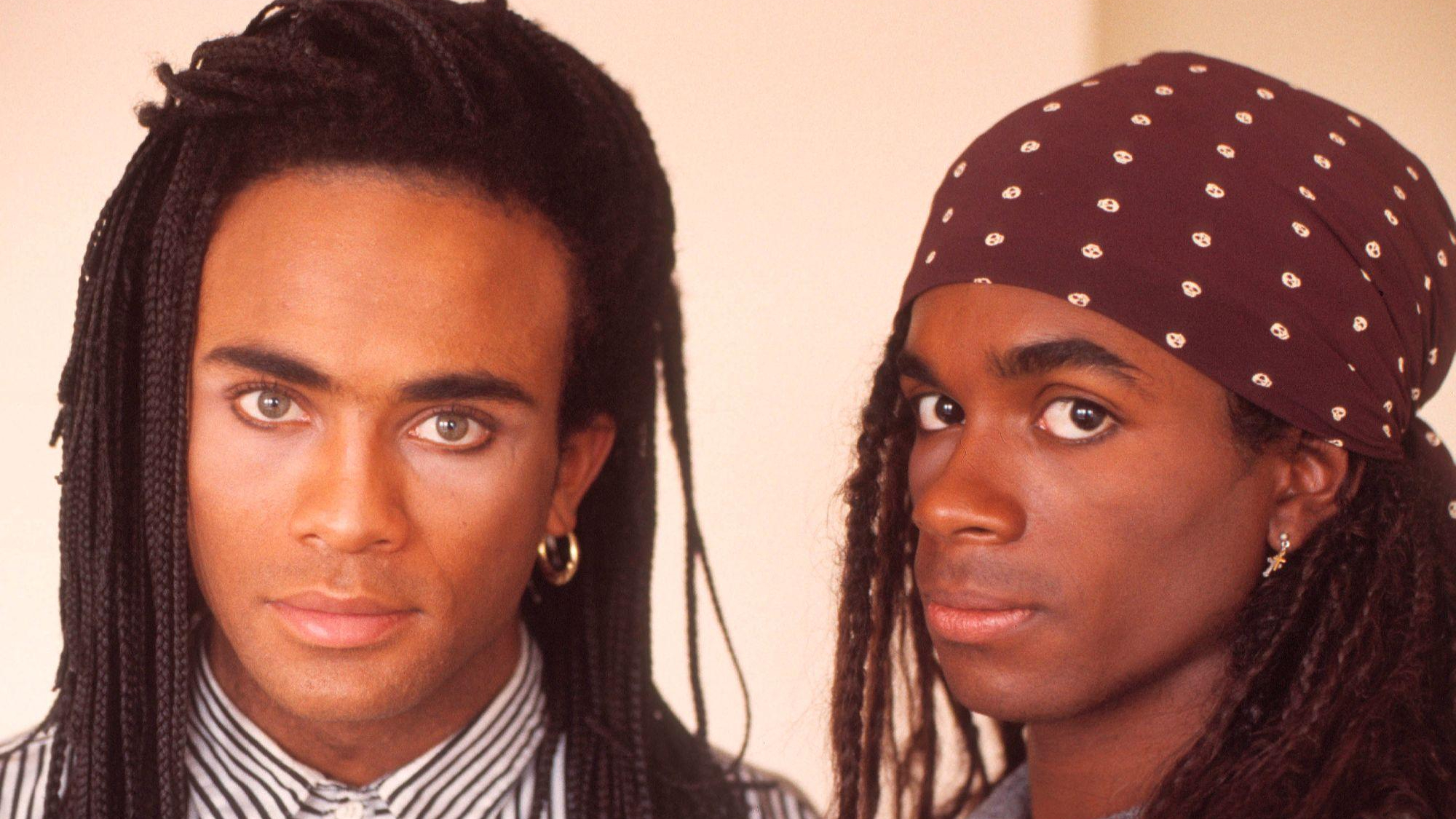
In the pantheon of pop music scandals, few resonate as deeply as the Milli Vanilli debacle of November 15, 1990. This was the day when music producer Frank Farian revealed that Rob Pilatus and Fab Morvan, the faces of Milli Vanilli, had not sung a single note on their multi-platinum album “Girl You Know It’s True.”
The disclosure sent shockwaves through the music industry and beyond. Milli Vanilli had been one of the defining acts of the late 80s, known for their electrifying presence and catchy, dance-infused tracks. Their swift fall from grace was both spectacular and unprecedented.
The group, adorned with dreadlocks and spandex, had captivated audiences worldwide, becoming synonymous with a new wave of pop excellence. Their tracks like “Blame It on the Rain” and “Girl I’m Gonna Miss You” dominated the charts, and their dance moves became staples in clubs across the globe.
But behind the glitzy façade was an unsettling truth: their voices were not their own. The revelation that session musicians had provided the vocals shattered the image of Milli Vanilli. The Grammy Award for Best New Artist, bestowed upon them at the height of their fame, was revoked – an unprecedented move in the award’s history.
The public and media reaction was swift and brutal. Fans felt cheated; the industry insiders questioned the broader implications for the music business. Milli Vanilli became the butt of jokes, a cautionary tale about the perils of prioritizing style over substance.
For Pilatus and Morvan, the aftermath was devastating. They faced lawsuits and public ridicule, and their attempts at a musical comeback were met with skepticism and little success. The scandal took a personal toll on both, particularly on Pilatus, who struggled with substance abuse and legal troubles before his tragic death in 1998.
Yet, the Milli Vanilli saga was more than just a story of deceit. It highlighted the music industry’s complicated relationship with authenticity. In an era where image often trumped talent, Milli Vanilli was the product of a system that valued appearance and marketability over genuine musical ability.
Their story also sparked debates about the nature of fame and the pressures of the music industry. The duo’s rise and fall underscored the fleeting nature of pop stardom and the dangerous allure of celebrity.
In retrospect, the Milli Vanilli scandal remains a defining moment in music history. It serves as a stark reminder of the pitfalls of fame and the importance of authenticity in an industry often governed by illusions. As we look back, Milli Vanilli’s story is not just a cautionary tale about two men who mimed to the top of the charts; it’s a broader reflection on the complexities of the music world and its unending quest for the next big thing.





Leave a Reply